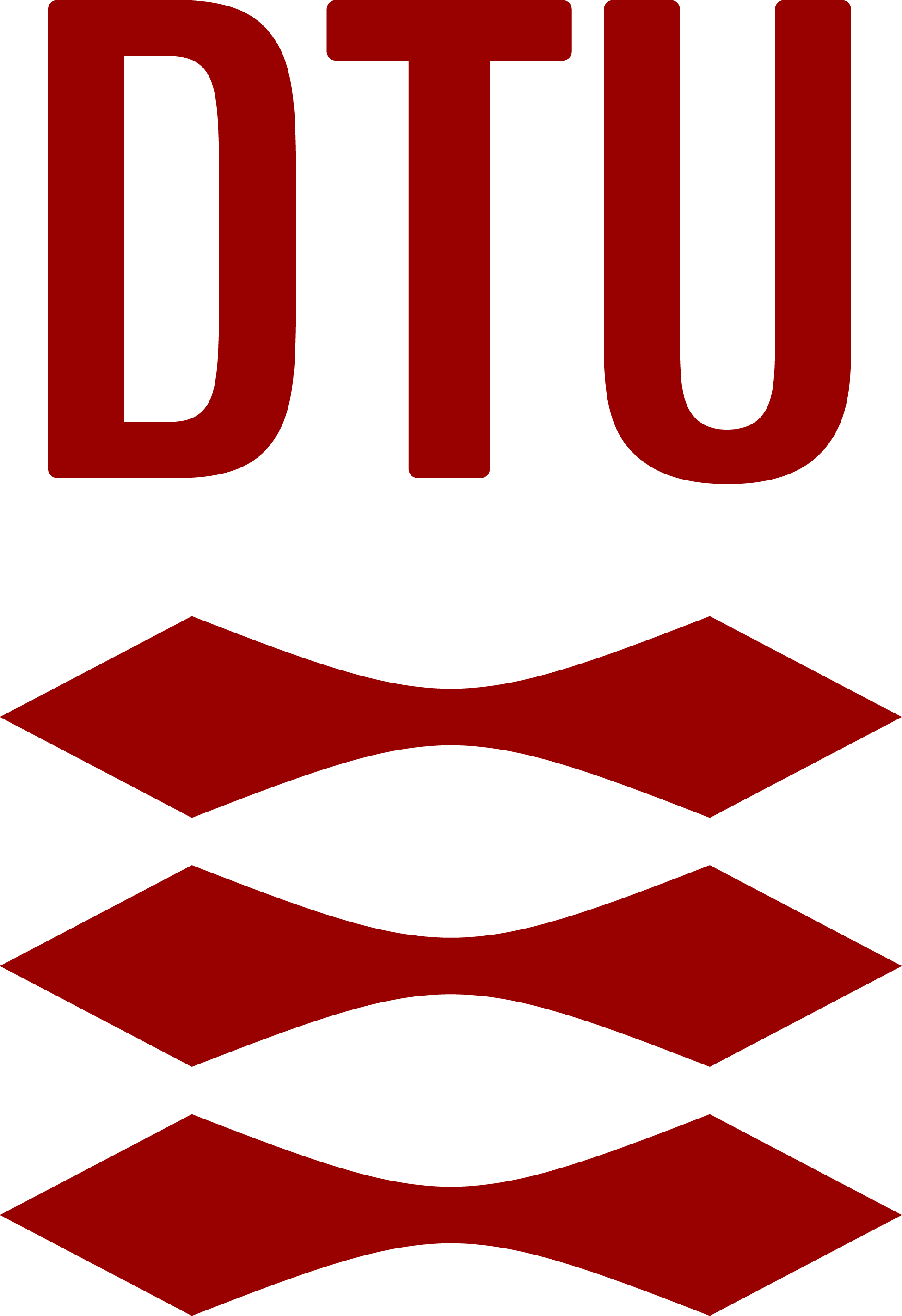About this course
The transition of the energy sector from fossil-based fuels and resources to renewable resources and energy will significantly change the energy system of the future. Several technologies with different technology readiness levels are currently under development to make this transition happen; however, technical solutions and concepts still have to be developed and benchmarked against each other and existing technologies. But what are sustainable renewable resources and which technologies are sustainable in the long run? Storing electrical energy in synthetically derived fuels and chemicals through so-called “Power-to-X” technologies is currently seen as an important and promising route ahead. A focal point is thus the increased electrification and the options for chemical energy storage and commodity chemical production. In a project-based approach, the course will provide insight into the various technical concepts for synthetic fuels and chemicals based on renewable and bio resources. The course consists of lectures addressing the general concepts and methodologies as well as individual student projects, addressing selected topics related to the synthesis of sustainable fuels and chemicals. The students will choose a specific topic or research project of interest to be analyzed in more detail especially as regards the technical concept and the sustainability aspects, and the results will be presented and discussed in plenum.
Learning outcomes
At the end of the course the learner will be able to: , Describe the concept/definition of sustainability , Overview the main pathways for sustainable fuels and chemicals , Identify drivers from the market and the energy system , Understand the concept of main industrial routes to synthetic fuels , Place traditional industrial processes into sustainable fuel and chemicals context , Discuss the advantages and disadvantages of several electrochemical cell concepts , Understand electrochemical; catalytic and electrocatalytic processes , Describe actual initiatives and concrete research attempts , Evaluate the ongoing research activities (e.g. national and international R&D projects as regards their sustainability aspects).
Examination
The student projects will be evaluated during the course based on the students' final project presentations in plenum. This course is graded pass/not pass.
Course requirements
Basic knowledge in electrochemistry and catalysis is advantageous
Activities
The course will be using distance learning as weLectures, exercises and group discussions will mostly be conducted via online streaming, while project work on special topics is expected to take place in physical meetings.
Additional information
- Institution locationAnker Engelunds Vej 1, Online
- More infoCoursepage on website of Technical University of Denmark
- Contact a coordinator
- CreditsECTS 5
- LevelDoctoral
- Contact hours per week4
- InstructorsPoul Norby, Anke Hagen
Offering(s)
Start date
6 February 2025
- Ends12 May 2025
- Term *Spring 2025
- LocationOnline
- Instruction language
Enrolment period closed
